I was impressed by the passion, commitment, resourcefulness and determination by both the young writers and those workshop facilitators. Here were young people trying to find the skills to craft their stories without support from the government and our rulers.

On Saturday, October 31st, 2020, I delivered a keynote address on the theme “Digital Opportunities for Young Writers” to a group of young (mostly teenage) writers in Gombe, Gombe State of Nigeria under the auspices of the Jewel Writing Workshop. The workshop itself was the brainwork of an exceptionally talented, passionate teen writer, Adamu Usman Garka. At the age of 18, his book “When Day Break” is a recommended reading for level 4 students of Literary Studies at the Gombe State University. Garko has just completed his WAEC and yet to set his feet into any university, but he is already a rev in the literary circles. He has already won a number of laurels and doing this workshop itself was a laurel. The objectives of the workshops were to provide professional training to young writers so as to enhance their skills, expand their networking opportunities and mentoring platform. Experienced writers from around Gombe and other places facilitated the workshop. In doing the workshop, Garko himself was demonstrating a key value of giving back to the society what it had given him in terms of mentoring that has enabled him to blossom.

Garko’s collaborative mind also brought the Kano born Mujahid Ameen Lilo, another well recognized teenage literary icon who along with Garko had been honored by Soyinka in his home as the faces of the future great writers. At 19, Lilo is a level 1 student of Literary Studies and English at ABU, Zaria. When Lilo’s father whom I had never known asked me over phone whether it was okay to allow his son to travel from Kano to Gombe for the occasion, I was not very sure of what answer to give him because I had no expectation about the workshop and never knew Lilo beyond a few phone calls and WhatsApp exchanges on a couple of literary issues. Nevertheless, I gave my blessing and his father gracefully took the son and his friend to the motor park in Kano and saw them journey to a place they had never been to.

I was impressed by the passion, commitment, resourcefulness and determination by both the young writers and those workshop facilitators. Here were young people trying to find the skills to craft their stories without support from the government and our rulers. I could not but draw a parallel between the resourcefulness of the young people who rose up against police brutality through the anti-SARS protest and those young people, doing a “do-it-yourself” education programme to groom themselves into potentially successful generation of writers.

We must remember that this is taking place in a context in which the educational system is incapable of providing the opportunities for young people to discover their creative talents and excel. There are no books for them. Literature in most public schools is no longer being taught. Even teachers for languages which are considered compulsory are not available in the schools, much less for Literature which is seen as an exotic option that is difficult to obtain a “credit” in. We are in a system in which both parents and teachers are more interested in pushing pupils to selecting those courses which could easily bring them “credits” than those that would allow them to interrogate the meaning of “credit” or even to know how to spell the work.

Before my talk, the kind Librarian of the newly commissioned national Library in Gombe, the venue of the event, took me on a tour of the library. It is an impressive and beautiful building, with a lot of space (six conference halls, two large collections and reading rooms, a periodical collection, an e-Library section and an exhibition foyer). He lamented that people do not patronize the library. This I could see because throughout my stay, I did not see any reader in the library. He alluded to the problem of decline in reading culture.

This was a point I took in my talk to dwell upon. The common perception is that there is a decline in reading culture which is often associated to a fall in our educational standards. It is even seen as a uniquely Nigerian problem. I augured that while there is indeed a decline in a certain reading culture, this is not a peculiarly Nigerian problem nor in fact is it a correct observation. The reality is that reading is itself being transformed and the way people read now is no longer the same way as we read before. I cited one example of the type of reading we now have that is prevalent in the social media, worth repeating the details here.

In October 2017, Hamish Dabashi, a professor of Comparative Literature with bias to Iranian culture and literature at the University of Columbia wrote an article entitled “The life and death of Salman Rushdie, gentleman author”. Someone shared the link to the article and made the comment “Karshen Alewa Kasa!!!”. Clearly, he did not read the full article but merely read the title and assumed that Salman Rushdie, the subject of the article, had died. In the article, Dabashi argues that the fatwa pronounced on Rushdie had impacted negatively in his writing and that there was a great difference between the pre- and post-fatwa writings of the author of Satanic Verses. For Dabashi, who had fed well on the earlier writings of the author, he felt that the writer Rushdie stopped with Satanic Verses and that all subsequent books and articles penned by the name Rushdie were by an imposter. But the person who shared link literarily read the title as announcing the news of the biological death of Rushdie. Matters of course did not stop there. In spite of having access to the link, the Facebook friends of the person who shared it also read only the comment by the sharer of the link and started a deluge of obituary for the author. Even when someone pointed out that the article in question was not reporting the death of Rushdie, several others still kept to that line and continued to wish “late” Rushdie what they think he deserved. The import of this is that people do read, but not the kind of reading that writers will want.

But it is also not a decline in reading culture that is associated with collapse of educational standards, rather it is symptomatic of a change in the way, how and what we read. We should remember that the proportion of the twitterite readers is increasing by the day. Here is an era where parsimony is not only accepted as a virtue but also becoming a dominant trend online with its possibility of jumping into and occupying the offline space. The communications of these people as someone observes “are brief and their emotions are shared via emojis”. So, who wants to read those long ponderous essays when we are more delighted by the witty cracks in the 140-character statements?

In addition, there is the rise of competing sources of leisure and learning. We read books for a variety of reasons and one of these is to derive pleasure and enjoy our leisure. But there are also other competing sources of leisure in society. We can leave the book at home and hop into a cinema for a film show or even drama or go to a stadium to watch a football match, may be Gombe United is the host. We may even take delight in a “Kalangu” performance or a more elaborate “Kalankuwa” show. In the past, these activities were nearly mutually exclusive things to do. The likelihood was that if you were at home, you probably would be reading. But today the cinema and stadium as well as other sources of pleasure have followed us into our bedrooms. The tool you will use to access and read your book would also be the same to access and watch the football match by your favorite club (without going to the stadium) or watch those newly released Kannywoody films. Where in the past the probability that when you stay at home you could read a book was high, now it is not so. You probably would be deriving leisure from other sources that were outside your home before. You could even be multitasking as many of us do, reading one moment, watching a game the next moment, playing some electronic game, etc, all of which are accessible from the single device we hold. So, the fall in reading culture is not just because people are getting poorly educated (although that is a significant reality) but also because there are a multiplicity of sources of leisure for which reading was dominant in the past, but now one of the competitors within the same precinct. Young writers are then challenged to compete with these sources of pleasure as they craft their stories, poems, travelogue etc to interest the ICT-connected readers to spend time reading rather than just watching other things.

But our reading is also not just for leisure: we read to learn. Today we can learn by watching, by hearing and by engaging. These are actually different modes of “reading” that we tend to fail to appreciate: technology has also changed the ways some things get written. Here the challenge is that we predominantly associate writing with textual exercise only. The young writer of today is challenged to think of a much broader spectrum of what is “writing”. You can speak your book for instance. I remember years back in primary school, I enjoyed reading Iliya Dan Maikarfi. It created a lasting impression on me. Over the years, I must confess my speed in reading Hausa texts has reduced. On this particular morning, a friend and I were traveling to Hadejia in Jigawa State of Nigeria. As we set out for the journey, he started his MP3 in the car, and here was someone reading Iliya Dan Maikarfi for us. It transported me back to my childhood years. I knew I would always like to return to that book of my childhood but I did not have the stamina to read it. And here was someone reading it for me and I was just listening, not even turning the pages! Of course, while in primary school we took turn to read passages for the class, that reading was for us to learn, for the teacher to be sure we could read. It was not a pleasure reading. Now, instead of just printing your book, you can have a talking book and distribute it as such. I do not say you will not be pirated. And that is the complication. What I really want to say here is that this is one instance of the way “reading” has changed and, as writers, you need to respond to it.
The workshop turned out to a successful lesson in discovery. One of the young female participants turned out to have written six different books, none of which has been published because she has no experience of how books are published. This underlines one of the key points of the workshop which was to provide a mentoring platform for prospective young writers.
In the end, I left Gombe happy that I honored the invitation. It was a good experiment worth supporting. Towards the evening as we stood by the parking lot of the library, Khalid Nera, one of the youth activists asked me a question: what was my take in addressing the problems of Nigeria. The workshop provided me the answer and I was unequivocal when I replied that the future of Nigeria is in its youth: it is in their hands to reclaim the space and remake the country in their imagination. Thank you Garko, Lilo and many other youth activists who are passionately working to offer their contribution by deploying their talents in the transformative trajectory for Nigeria.

Dr. Yunusa Ya’u is the Director-General of the Centre for Information Technology and Development (CITAD), Kano
- CALL FOR SUBMISSION: Dear Yusef: Essays, Letters, and Poems For and About One Mr. Komunyakaa - May 25, 2022
- #SubmitNow: Awaiting Revolution Poetry/Essay Anthology - May 21, 2022
- The Straight Path | Adamu Yahuza Abdullah - May 20, 2022







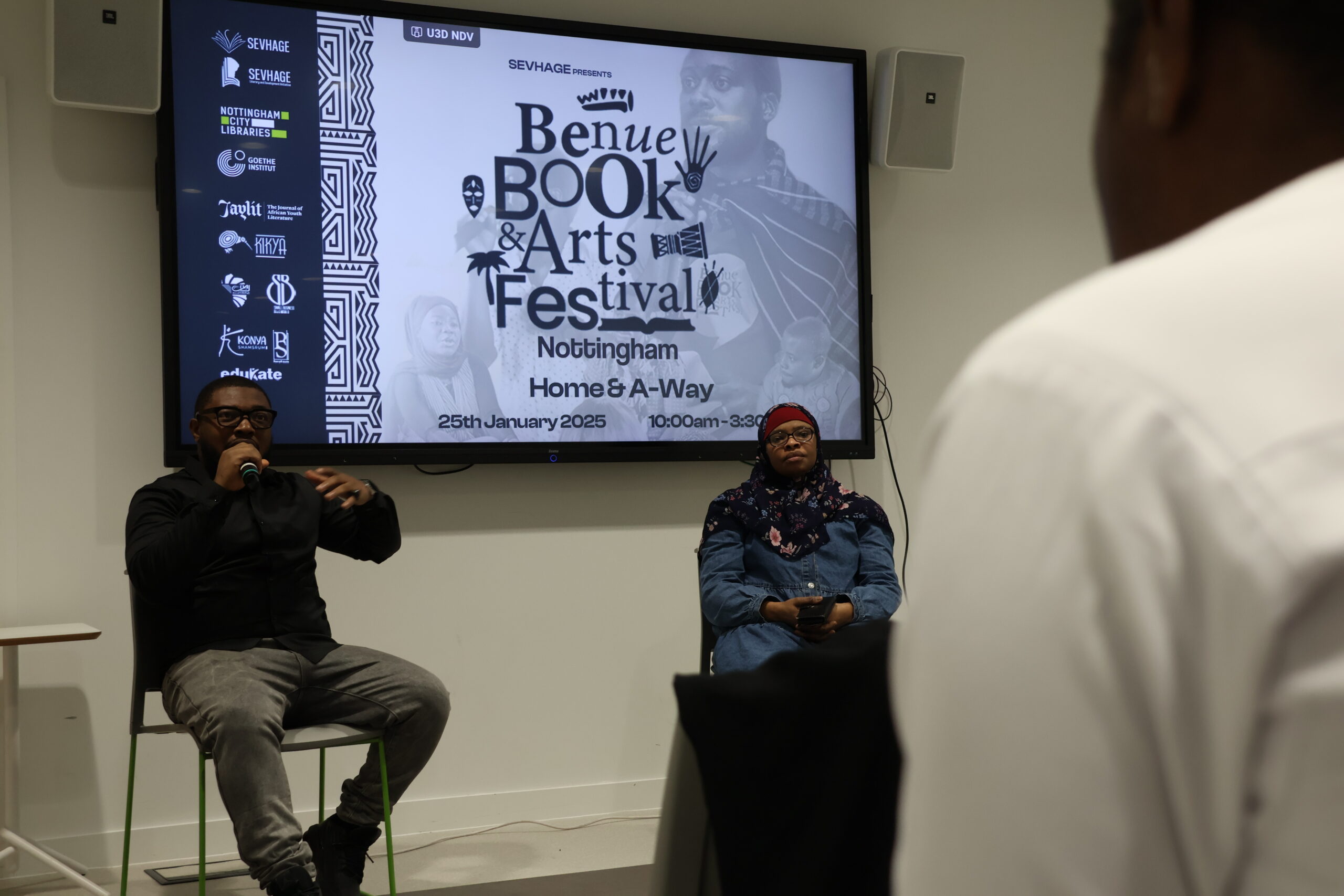
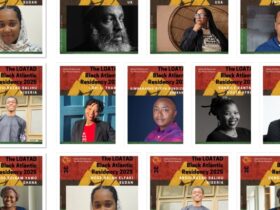
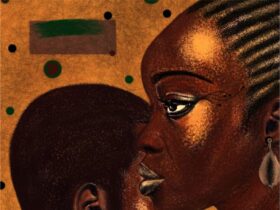
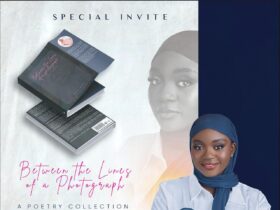
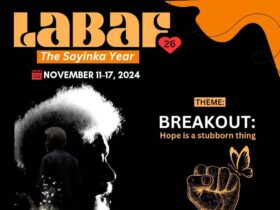

Leave a Reply